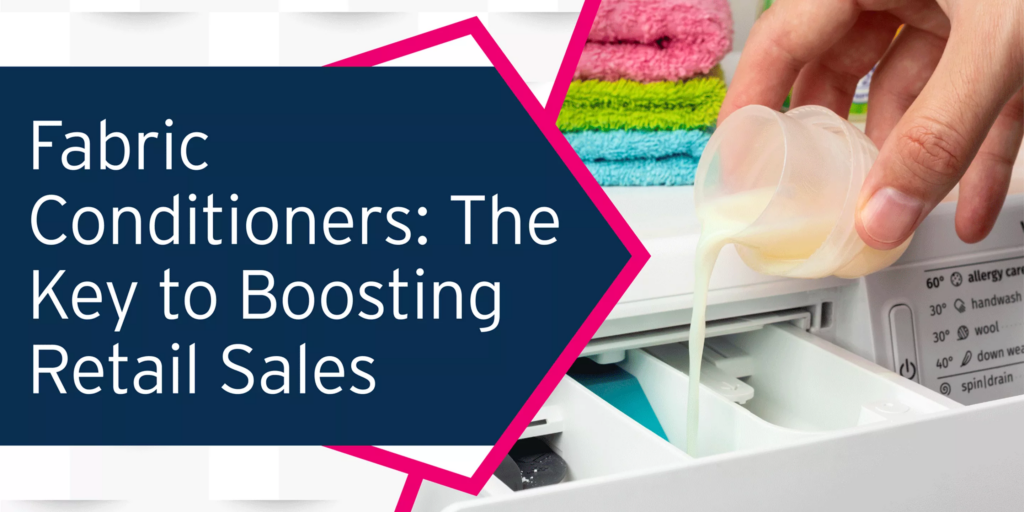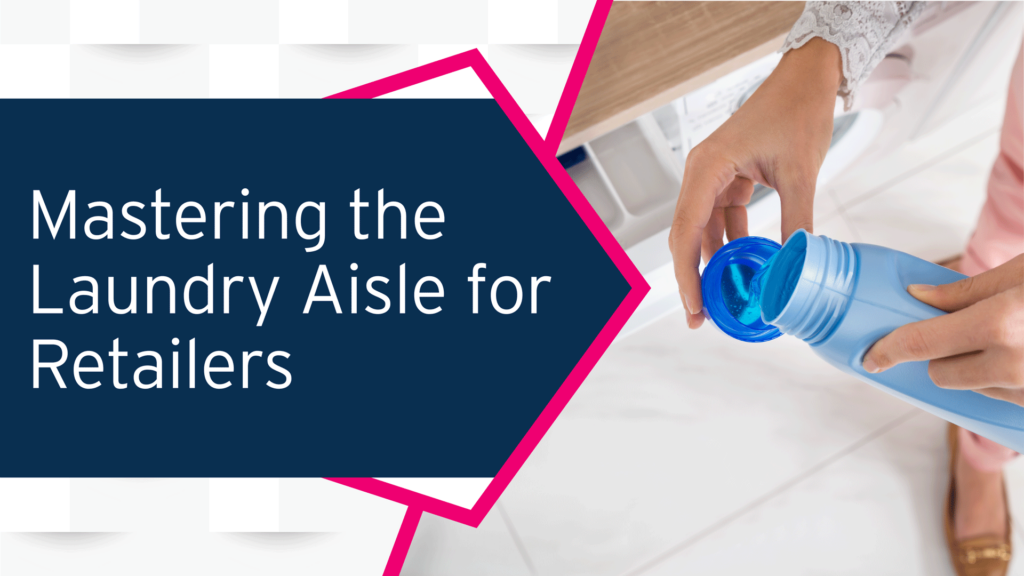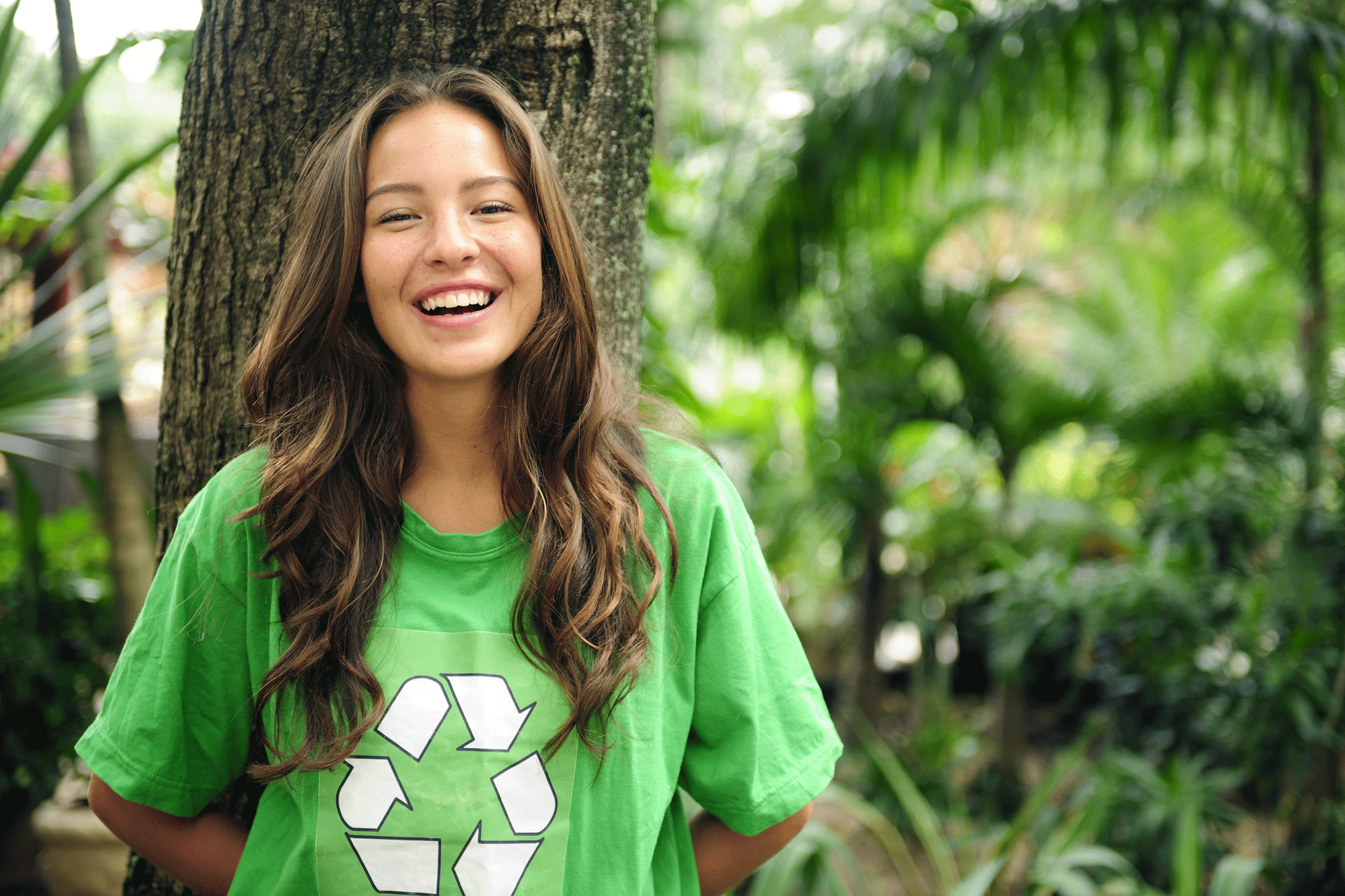
Here’s a run-down of some of the developments the leading household, health and beauty brands have been making recently.
Unilever
Unilever is a company of brands and people with a clear purpose: to make sustainable living commonplace.
We have an ambitious sustainability agenda in the Unilever Compass, we’re harnessing our brands, our people, and our partners to tackle the issues our consumers and stakeholders care deeply about, such as climate change, plastic pollution, and inequality.
We’re transitioning to renewable energy across our operations, finding new low-carbon ingredients, expanding our plant-based product range, and developing fossil-fuel-free cleaning and laundry products.
Across our portfolio we are working hard to reduce the impact of our products when used by consumers. Our mantra is less plastic, better plastic and no plastic, so we are increasing the amount of recycled plastic used in our packaging, whilst innovating no-plastic packaging solutions. Since 2019, we have reduced virgin plastic globally and many of our products use naturally sourced cleaning agents and biodegradable fragrances.
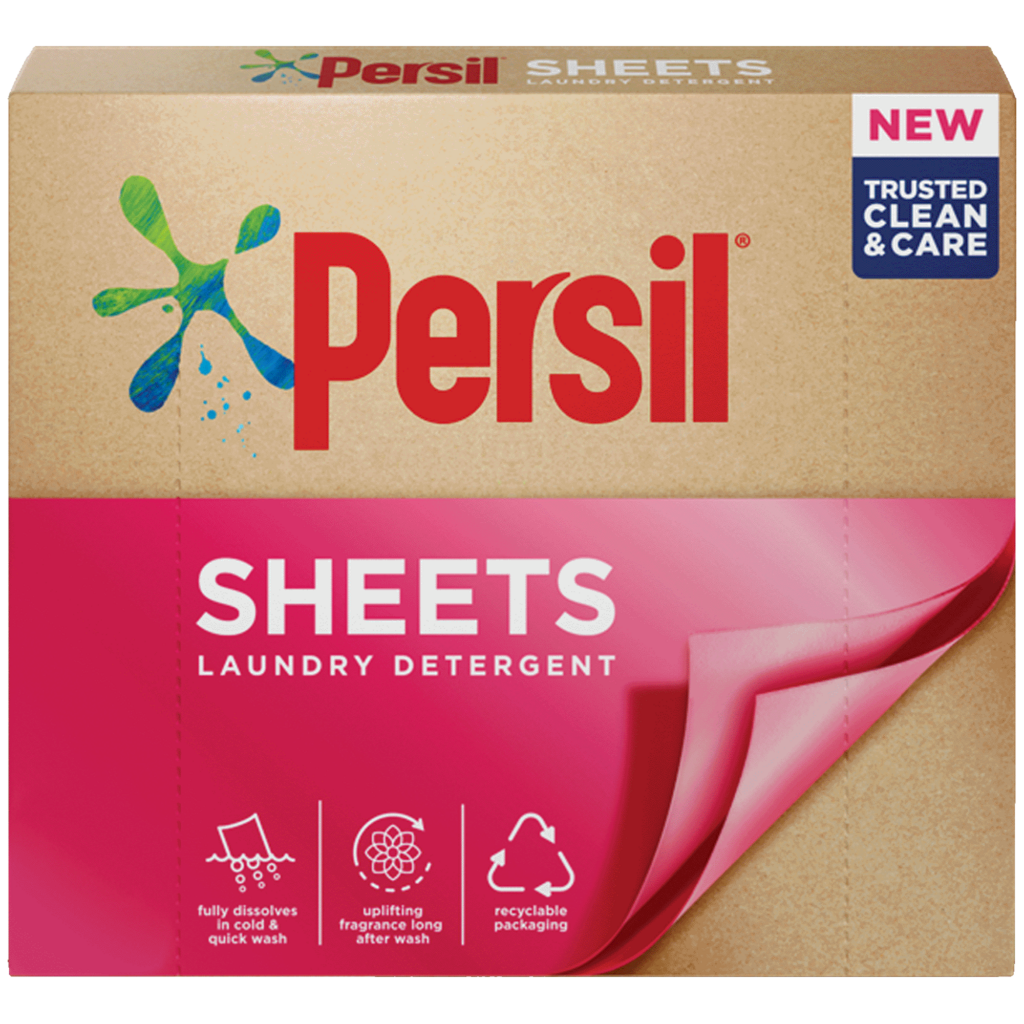
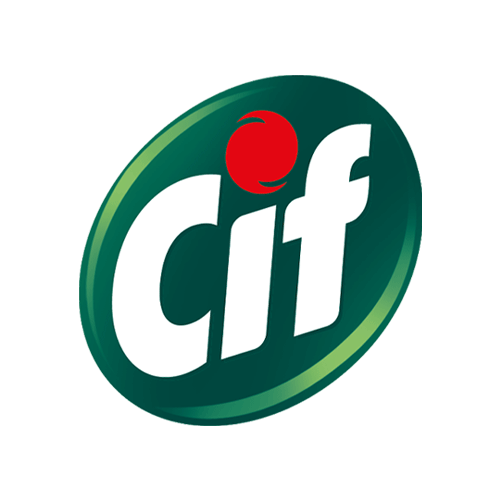
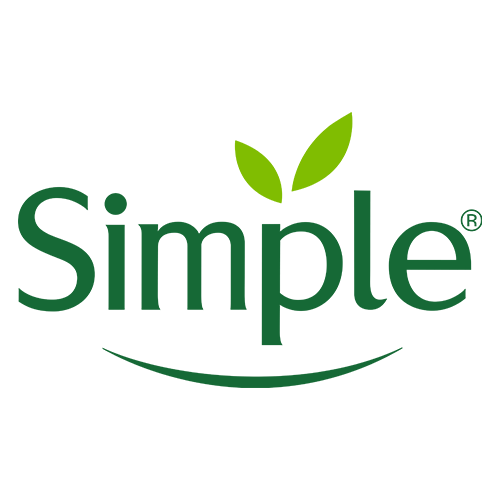
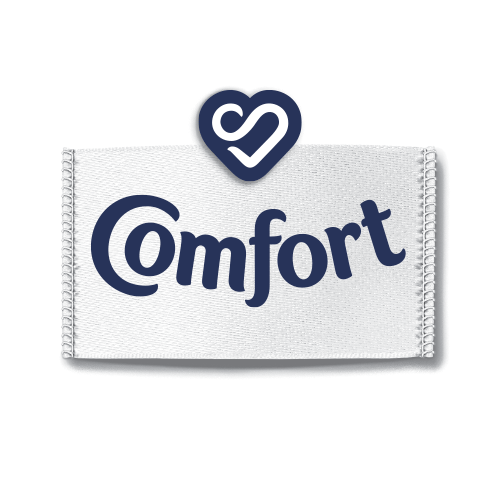
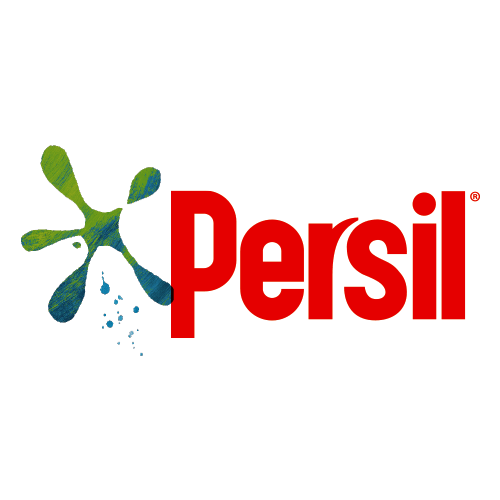
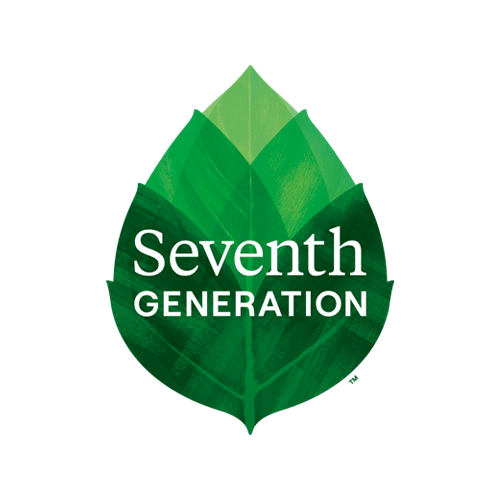
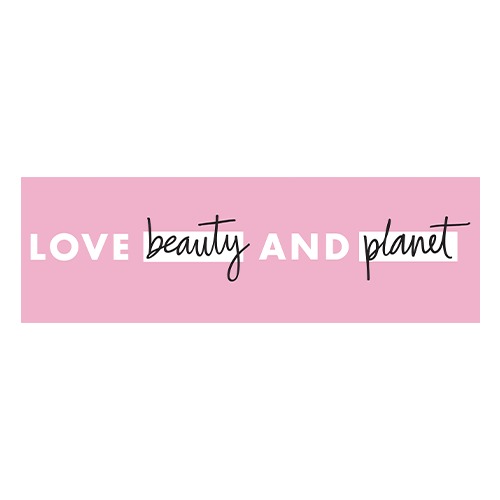
P&G
Environmental sustainability is embedded in how we do business at P&G. It is core to our purpose of improving lives now and for generations to come.
P&G’s Ambition 2030 goals support our company and brand’s ability to positively impact our homes, our communities, and our planet. At its foundation is improving the livelihoods of people across our operations, supply chain and the communities we serve. We are continuing to create products that encourage responsible consumption, reduce our manufacturing footprint, and strive for more circular approaches in our supply chain. We cannot achieve these goals alone. This will require partnership across the private, non-profit, and public sectors and involve every aspect of our business.
At P&G, we set a new ambition to achieve net zero greenhouse gas (GHG) emissions across our operations and supply chain, from raw material to retailer by 2040. P&G’s Climate Transition Action Plan covers the entire lifecycle emissions of our products and packaging, across supply chain, operations, consumer use of our products, and product end of life. Our comprehensive approach to accelerating climate action also includes navigating the key challenges ahead.
Our brands, suppliers and partners continue to collaborate on a range of sustainable solutions and on driving circularity so that plastic is collected, recycled, and reused. Below are some examples:
In August 2022, P&G launched its ECOCLIC® packaging across its Ariel, Fairy Non-Bio, Daz and Bold Pods washing capsules. The ECOCLIC® box is “the first packaging solution for P&G’s laundry capsules products that really ‘clicks’ all the boxes.” The patent-pending cardboard packaging is made with FSC-certified materials and a minimum of 70 percent recycled fibres. The pack is recyclable in kerbside paper collection streams. And its sizing allows for 50 percent more packs per pallet — reducing the number of trucks within P&G facilities.
In January 2023, Gillette and Venus transitioned their refillable razor blade packaging to recyclable cardboard, as part of their ambition to reduce the brands’ environmental footprint. The move followed the introduction of recyclable cardboard boxes across Gillette’s entire range of premium refillable razors in January 2021.
In the summer of 2022, P&G launched cardboard packaging for its in-wash scent booster range across Lenor and Fairy Non-Bio. Made from moisture-resistant material, the paper packs are made from a minimum of 40% recycled cardboard fibres from FSC-certified forests and are recyclable in at-home paper streams.
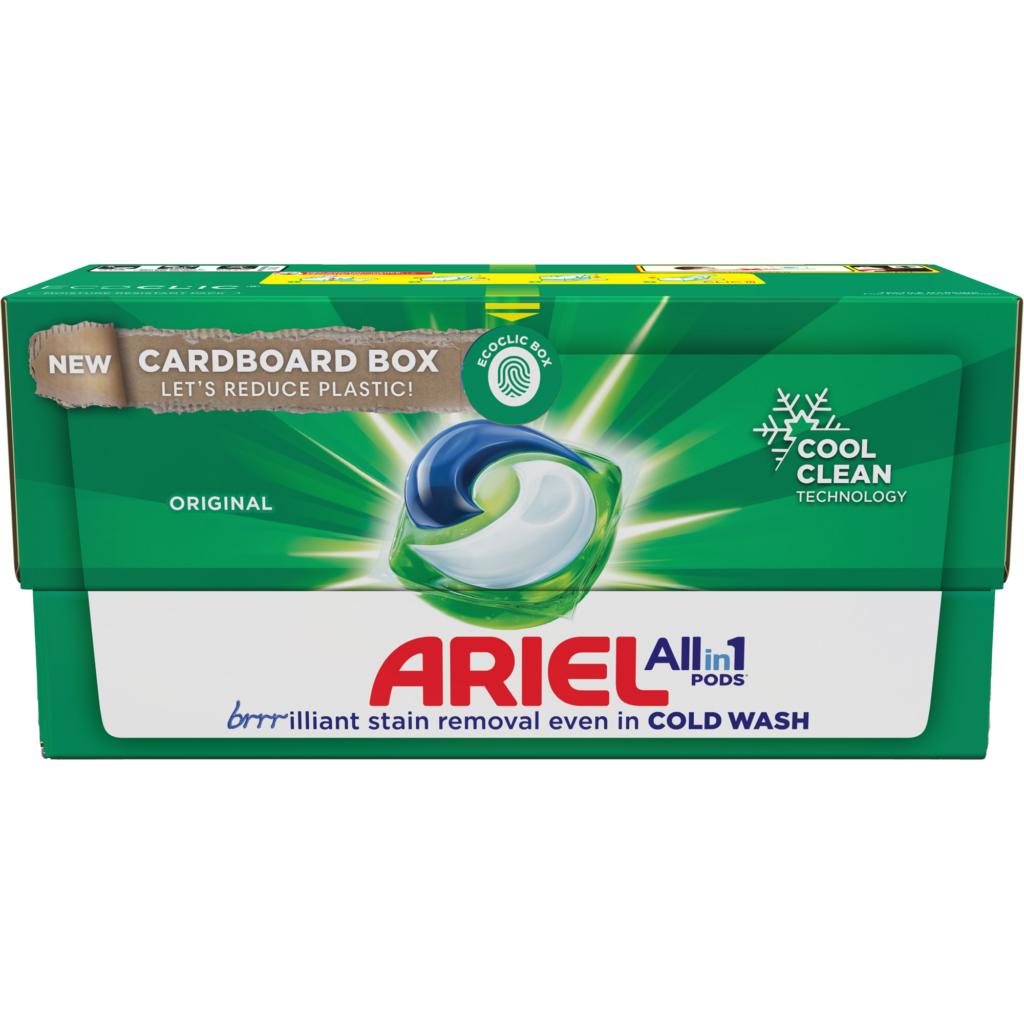
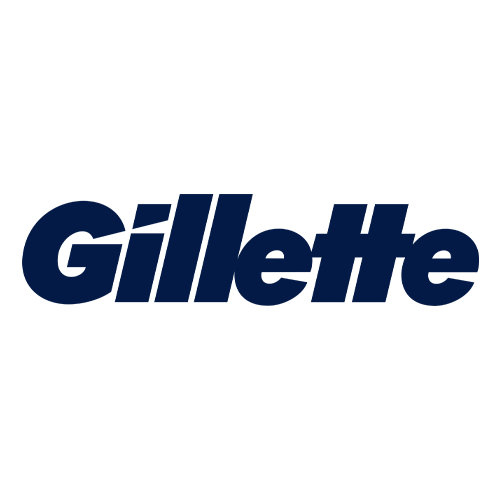

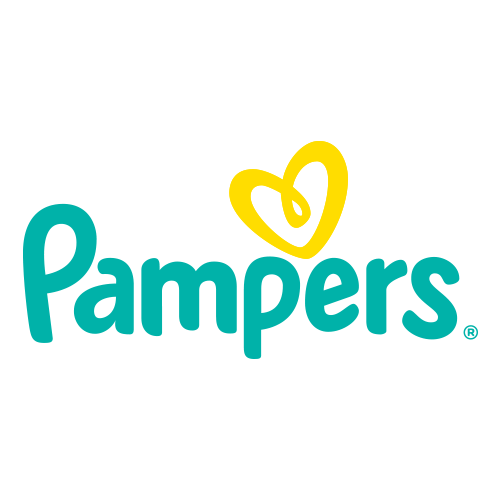
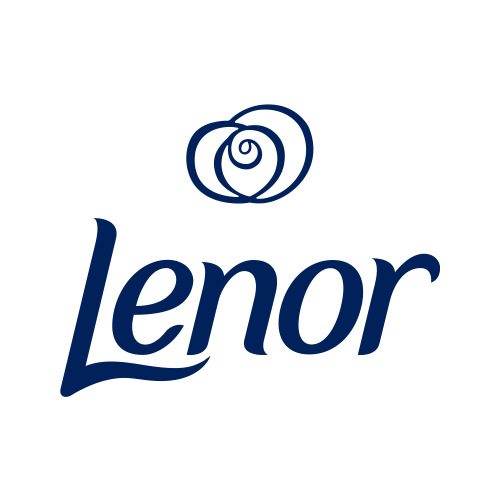
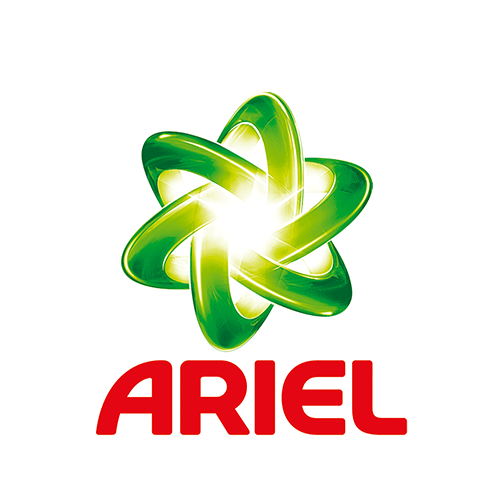

SC Johnson
SC Johnson has an exceptional heritage in environmental sustainability. In 1975 they pioneered the removal of CFCs from 100% of their aerosol products, three years before it became law in 1978.
94% of the plastic used in their product packaging is recyclable, reusable, or compostable, with a target of 100% by 2025.
SC Johnson also partners with Plastic Bank, which builds recycling centres worldwide. As well as the sustainability benefit of stopping plastic from ending up in the ocean, these centres also provide economic benefits for local communities.
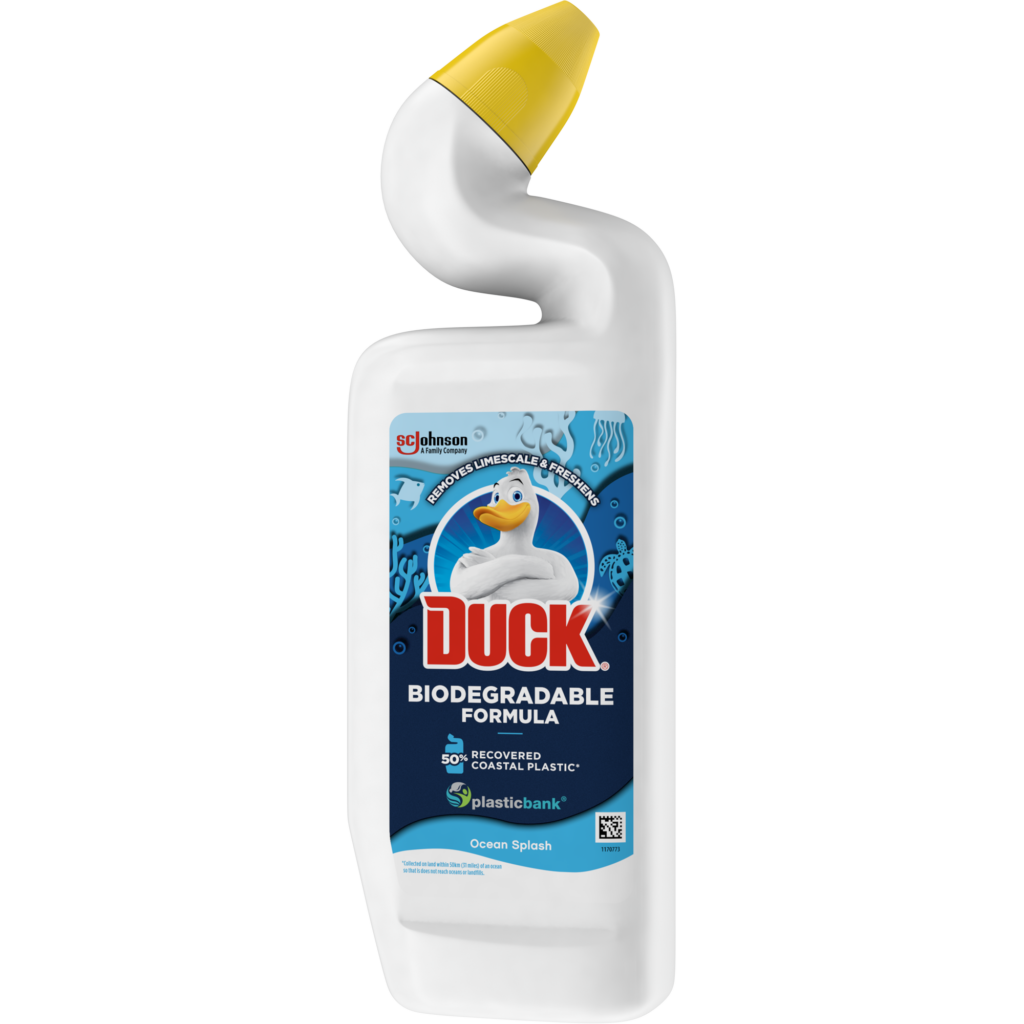
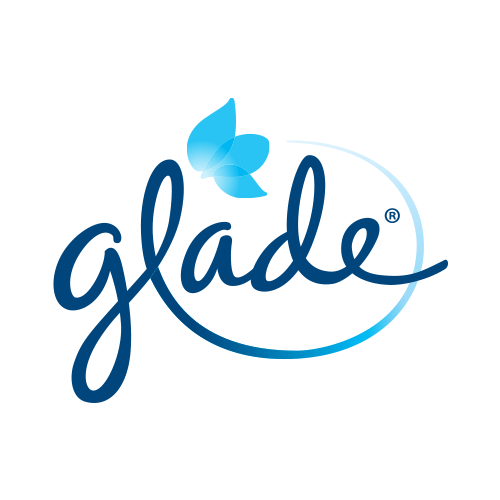
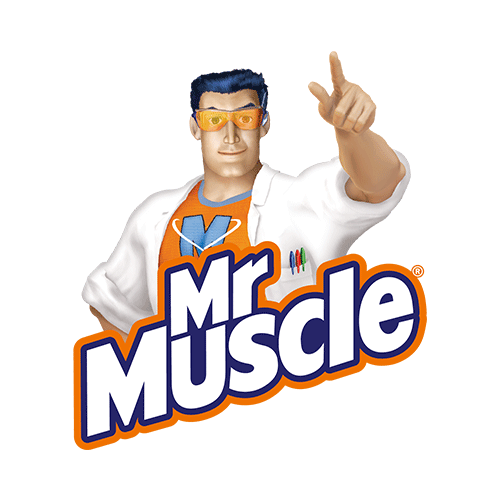
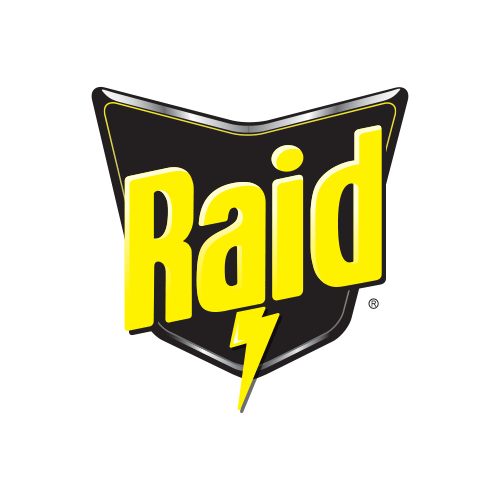
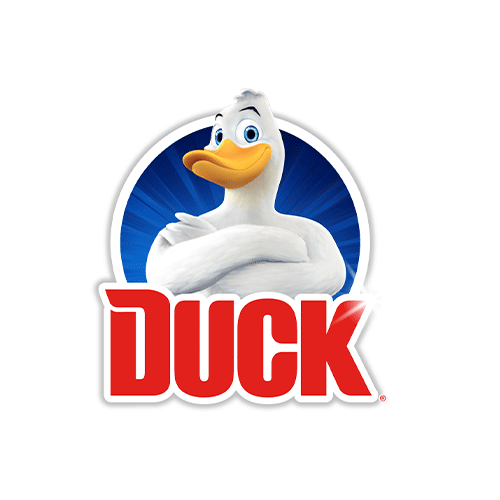
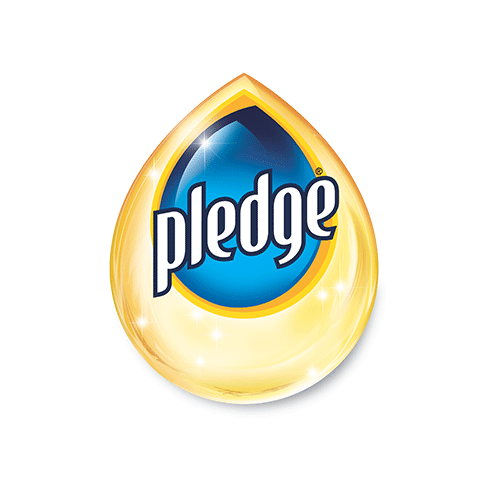
Kenvue
Johnson’s Baby Cotton Buds have 100% paper stems. Their packs are now fully recyclable, saving the equivalent of over 40 million plastic bags per year.
Listerine has replaced its traditional black bottle caps with transparent ones, which can be more easily recycled locally. The bottles themselves are also becoming translucent, and the label adhesive is becoming fully recyclable.
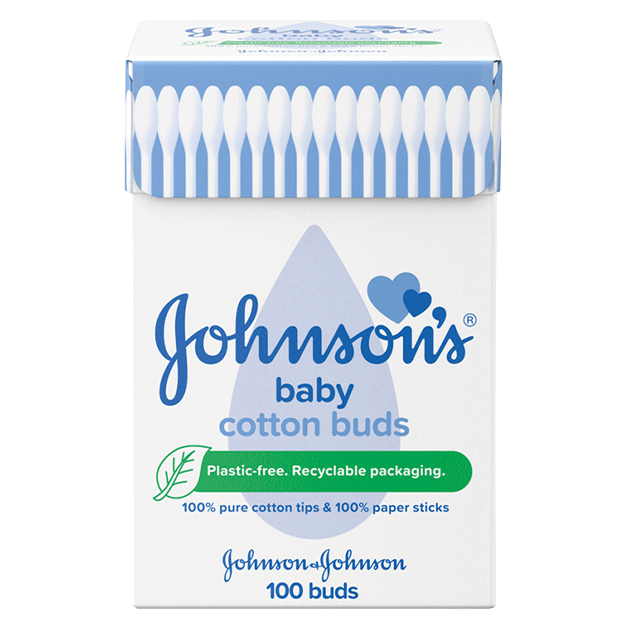
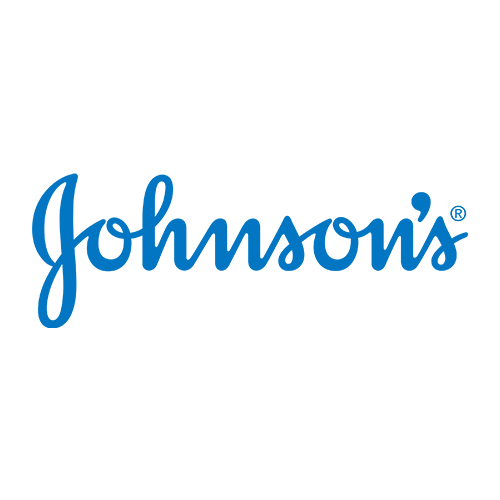
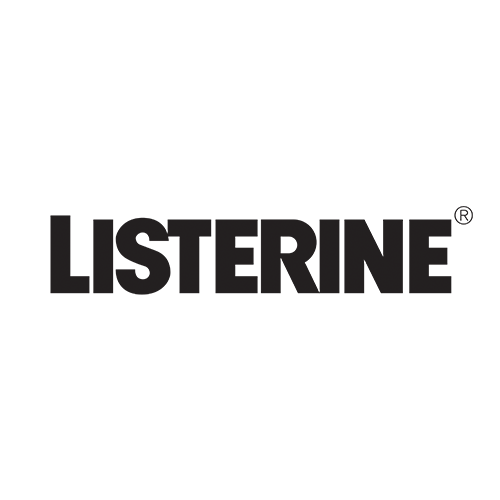
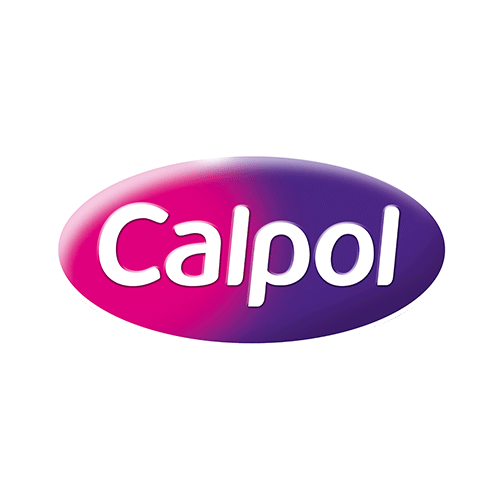
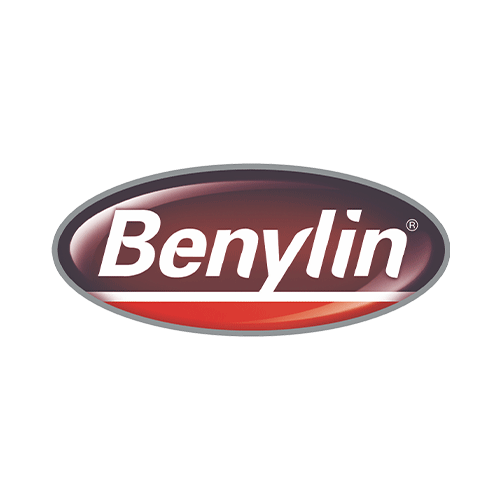
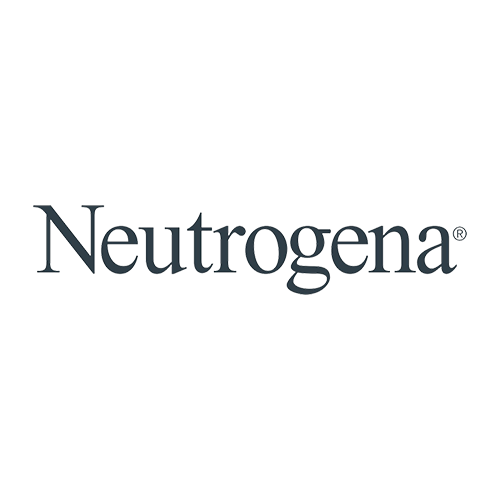
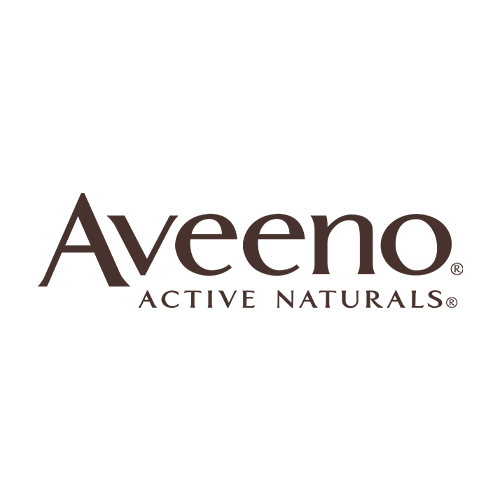
Colgate
Eliminate Plastic Waste:
We will design and deliver zero plastic waste solutions forColgate-Palmolive products. We aim to eliminate one-third of our new (virgin) plastics and make all of our plastic packaging recyclable, reusable or compostable by 2025.
Accelerate Action on Climate Change:
We have targeted Net Zero carbon emissions acrossour value chain.” Our goal is to achieve Net Zero carbonby 2040 and 100% renewable electricity for our global operations by 2030.
Lead with Zero Waste Facilities:
We will operate high-efficiency, low-impact, zero wastefacilities and achieve 100% zero waste operations.
Water Stewardship:
We will work for water resilience across our value chain, protecting ecosystems and supporting water access. Our goal is to achieve Net Zero water at our manufacturing sites in water-stressed areas by 2025 and across all sites by 2030.
Drive Sustainable Sourcing:
We will engage all of our key suppliers in order to support our goal to source sustainably and strive for zero deforestation, prioritising palm and soy.
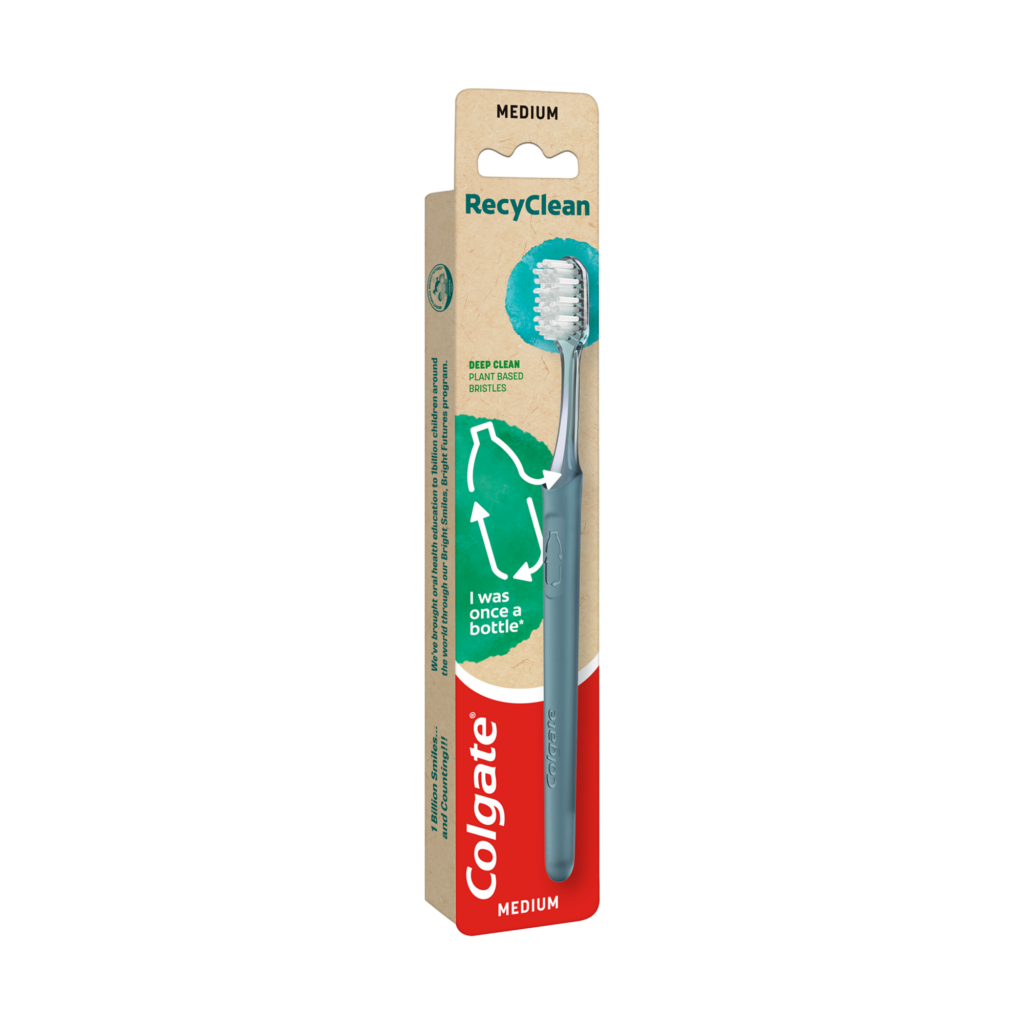
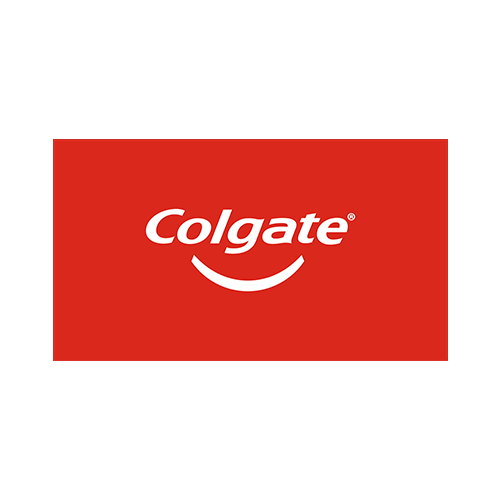
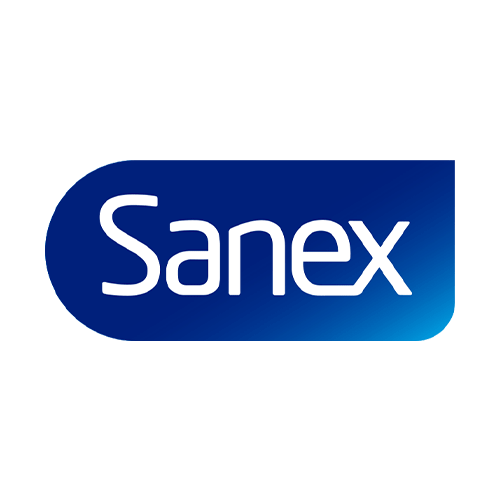
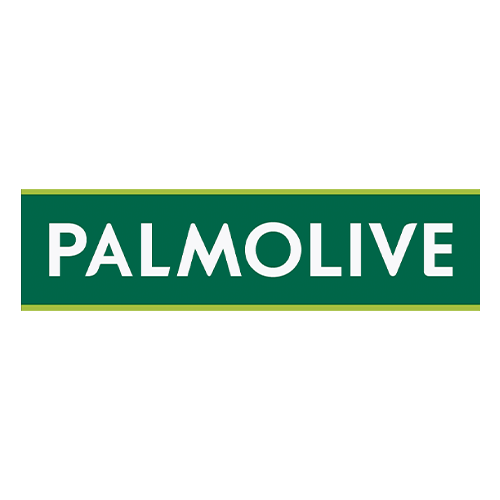
Kimberly-Clark
Kimberly-Clark is leading the way on sustainability to deliver on our promise of Better Care for a Better world. By 2030 our ambition is to deliver on 100% renewable energy, zero virgin plastic, zero natural forest certified fibre and advance the wellbeing of 50 million people in the UK and Ireland.
We’ve been intentional about reducing our reliance on fossil fuels through major investments in wind, solar and green hydrogen. We’ve also removed 1063 tonnes of plastic from our Kleenex, Huggies and Andrex brands! And by 2025, 100% of our packaging will be reusable, recyclable, or compostable.
With 150 years of innovative experience, we lead the world in finding new ways to source for products by pioneering new fibre technologies. Currently, 77% of our fibre is sourced from fast-growing farmed eucalyptus and nearly all the fibres used in our products is FSC certified.
Every year, Andrex is committed helps raise awareness of bowel cancer and also supplies products to In Kind Direct, Kleenex supports calls to the MIND helpline and Huggies supports the PANDAS Foundation to offer hope, empathy and support for every parent or network affected by perinatal mental illness.
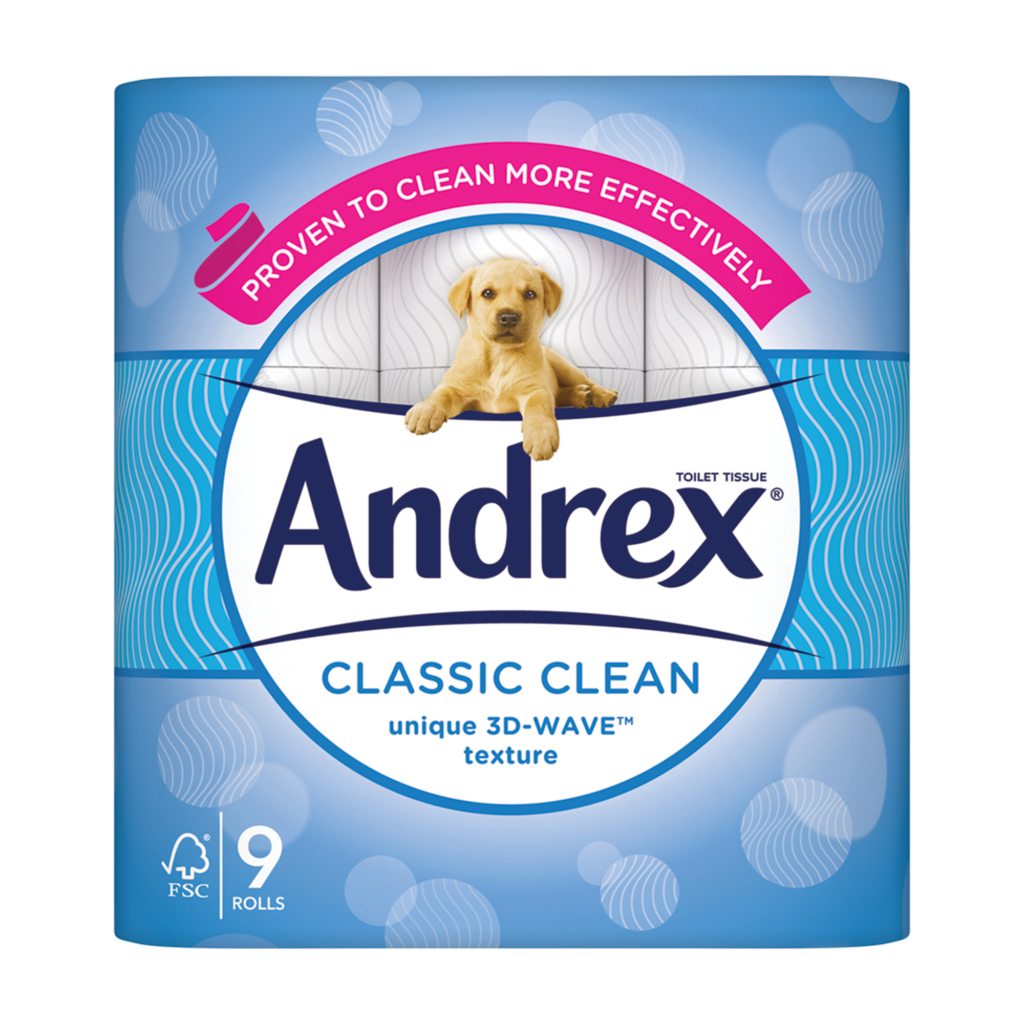
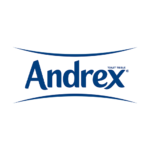

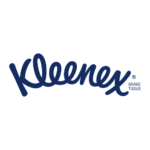

Reckitt
Dettol offers biodegradable antibacterial wipes, along with refills for their cleaning sprays which reduce plastic by 70% and can be recycled through TerraCycle.
Finish 0% Dishwasher Tablets are free from preservatives and fragrances and come in fully recyclable packaging.
The new Harpic Essential toilet cleaning range is made with a biodegradable formula.
Air Wick offers aerosol products with a naturally odour-neutralising action which is free from dyes, parabens and synthetic solvents and comes in a pack made from 99% recycled plastic.
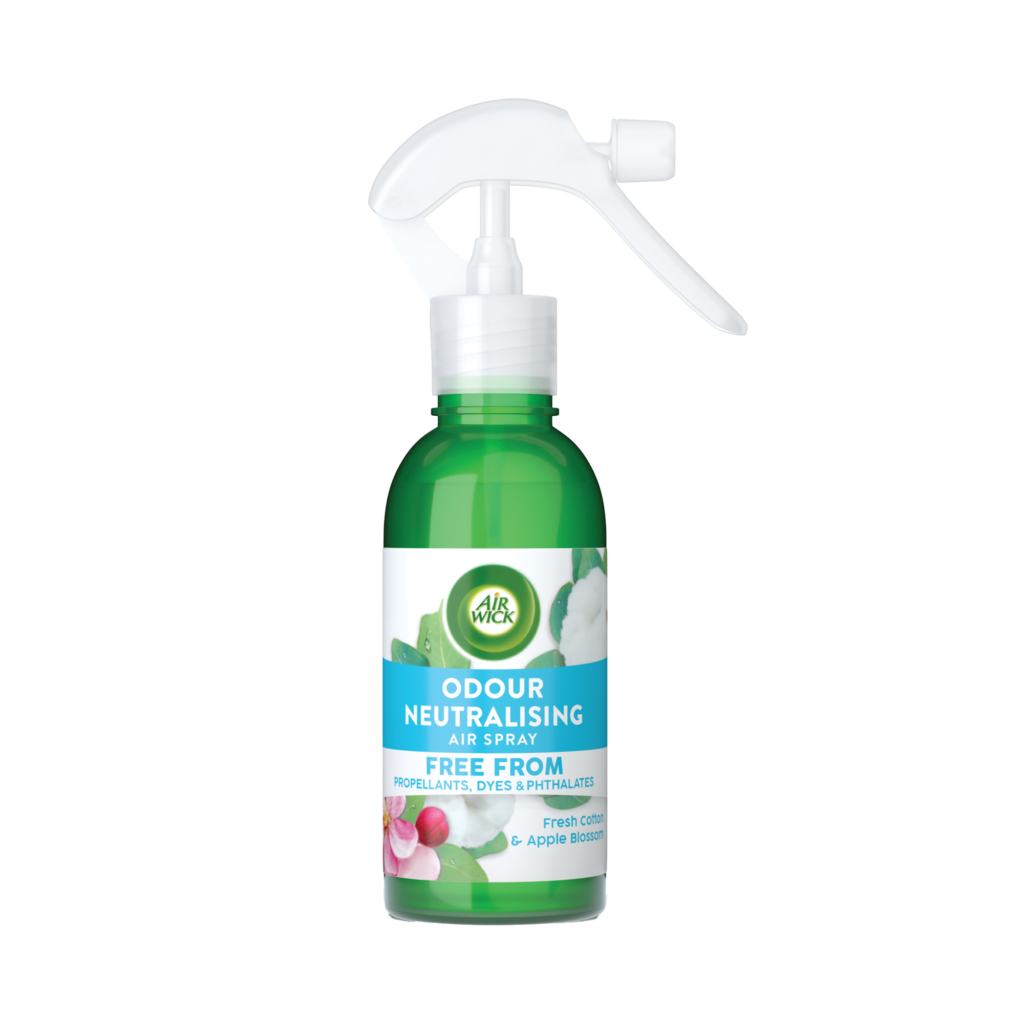
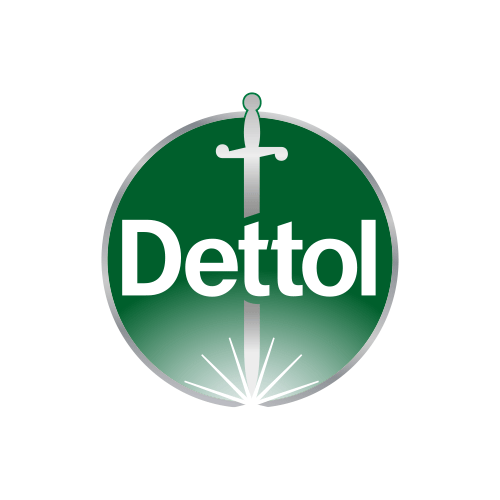
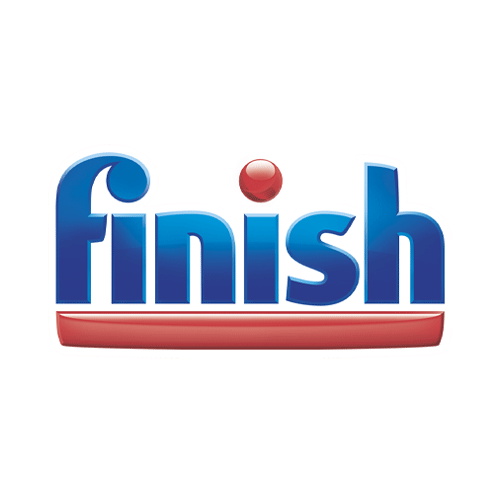
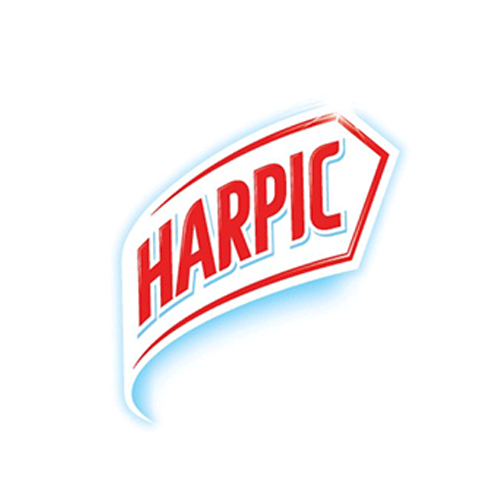
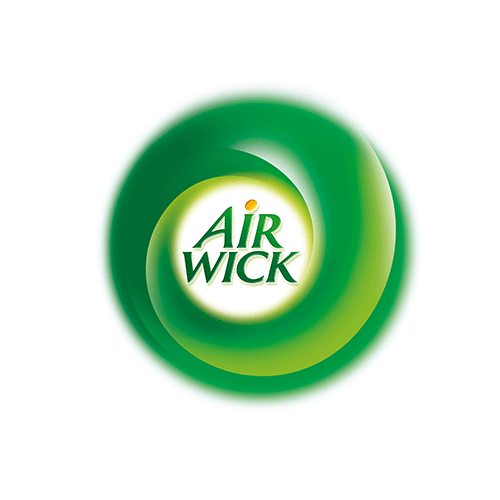
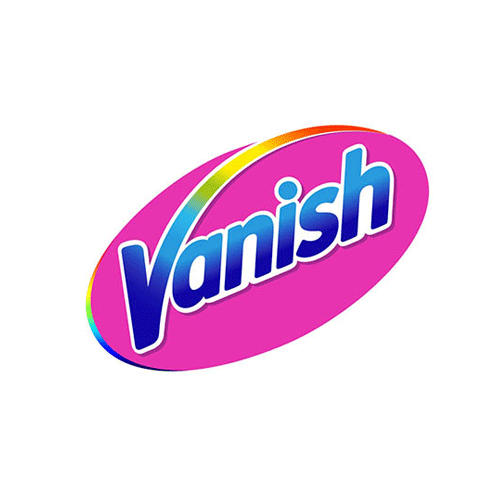
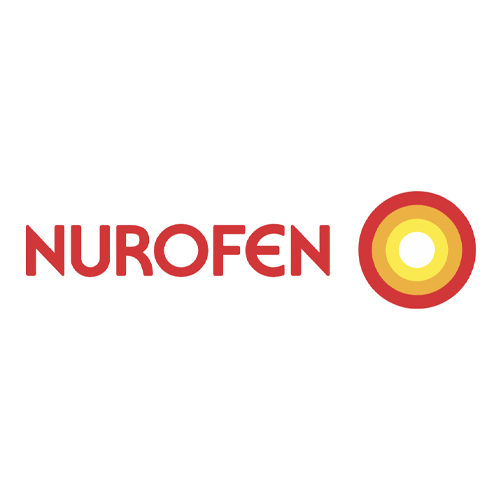
PZ Cussons
All Carex and Imperial Leather hand wash bottles and pumps are designed to be refilled and reused multiple times. Carex was the first-hand wash brand to introduce refill pouches, which contain up to 85% less plastic. Carex bottles are all 100% recyclable and are manufactured using 30% recycled plastic.
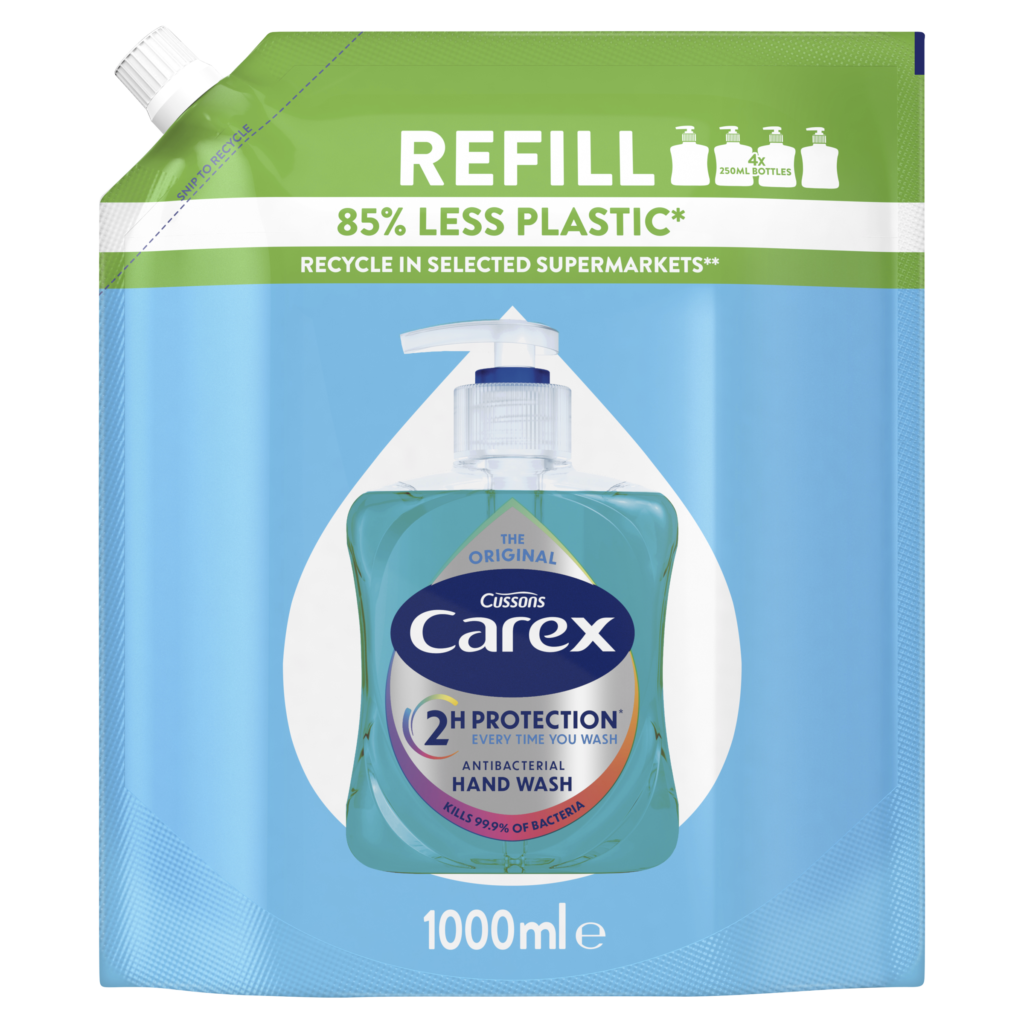
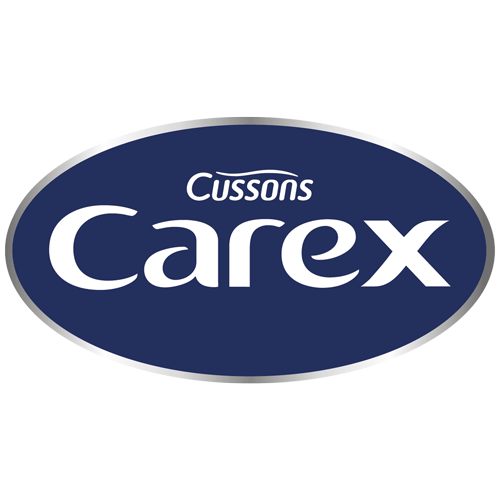
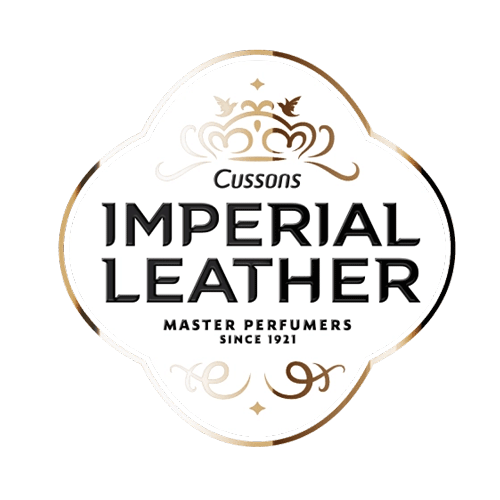
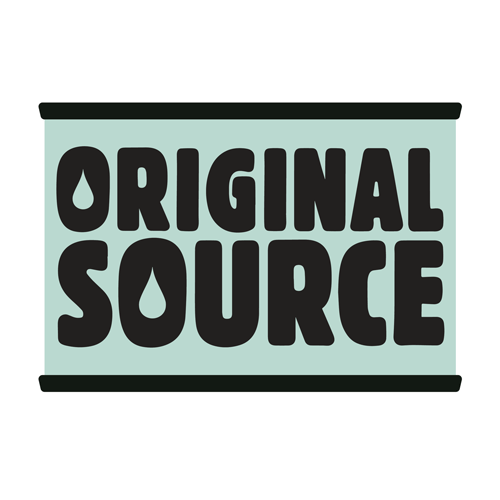
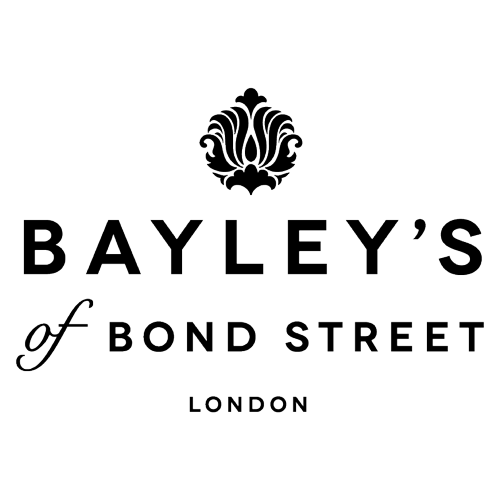
Sources:
1. https://ecommercenews.eu/uk-consumers-want-better-info-around-sustainable-purchases
All brand and product information sourced from the relevant manufacturers
